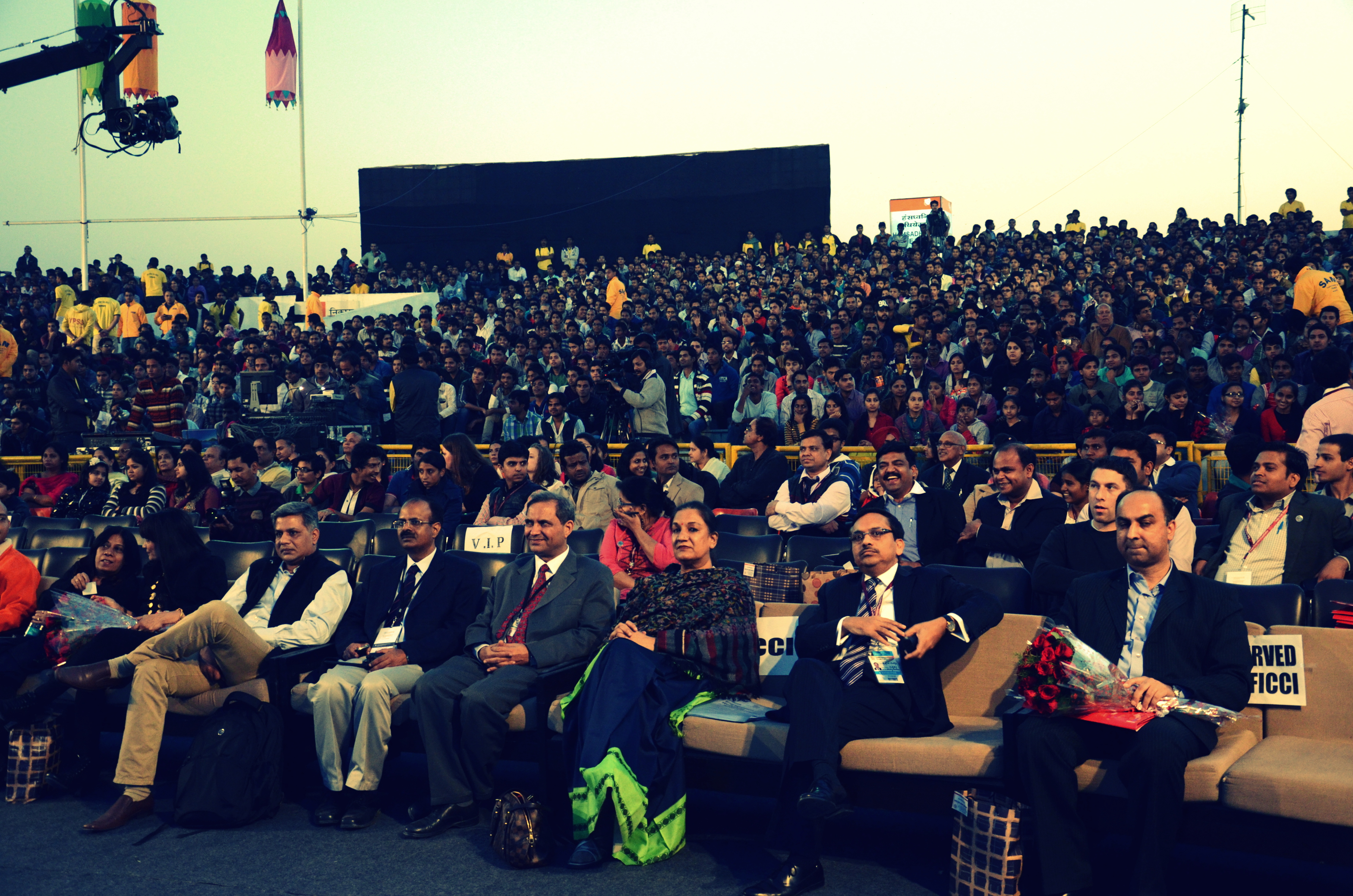In a recent report by the OECD titled ‘Better Skills, Better Jobs and Better Lives’ one of the pertinent questions asked by all policy makers to ensure skills development is equitable and creates the necessary economic impact is – How can a country make best use of its talent pool? The answer seems pretty simple and obvious – by ensuring that people use their skills effectively. Skills shortages can co-exist with high unemployment. There is evidence of this mismatch between the employees’ skills and job requirements. Helping the young to gain successful entry into the labour market is the need of the hour. The entry of a youngster into the professional market has profound influence on career path, working life and their orientation towards life-long learning. Basic education topped with vocational training which is relevant to the job requirements is something which all employers look for continuously. Skill based education, has its own struggles to overcome. The general perception of people towards skilled based careers root from the following: a) results in low paid jobs b) is for the academically weak c) sociological mismatch of aspirations and d) no vertical mobility in career possible. This is contrary to many countries, where the demand for skilled workers and the dignity attached to it is always higher. There is a long way to go before skill based career is accepted as viable option by the learners, the parents and the community. Policy makers have a particularly important role to play in this regard. Their effort should not be to neglect academic route to a career, rather bring vocational route which has been lagging behind, at par with the academic one.
Raising the profile of vocational education and jobs
The FICCI – Manipal City and Guilds Report on ‘Skills For All’suggests the following steps for raising the profile of vocational education and jobs
- Marketing campaigns
- Improving physical infrastructure
- Strengthening curriculum using industry inputs
- Incentivising teachers and investing in their training
- Attracting private investment
- Strengthening VET
- Creating a vocational qualification framework
- Ensuring quality
The FICCI Skills Development Forum therefore partnered with the India Trade Promotion Organization (ITPO) to generate relevant seminars and workshops during the course of the 32nd IITF based on the theme ‘Skills For All”.
GRAND FINALE OF FICCI WORKSHOPS AT IITF – Youth Engagement Workshop, November 27, 2012
As the grand finale of the seminars and workshops, FICCI organized a Youth Engagement Workshop on ‘21st Century Careers and Skills required’ with the focus on the Learner’s (i.e. the youth) who are going to benefit from this huge skilling vision and mission. The focus sectors were – Wellness and Retail. The workshop was addressed by top CEO’s who shared their perspective on skilling Indian. A crowd of 4000 youngsters heard Dilip Chenoy, CEO urging them to follow their passion and dreams. Other experts and industry leaders shared about people who started young and evolved into leaders of the industry – the skills champions of India, and how they converted their skills into a respectable career and a decent living. The workshop was organized in partnership with SAM workshops, a not for profit organisation, who are also India’s largest youth engagement forum. It was attended by students from Schools, Colleges, ITIs, Polytechnics, and Private Institutions who are either starting their career or looking for job opportunities; parents who are looking for the best source of knowledge to know about the job market and guidance for their children; Academicians who would like to know more about the current trends and recent developments so they can contribute in preparing the workforce of tomorrow. Ms Rita Menon, Chairman and Managing Director, ITPO complimented FICCI’s effort and highlighted that “there are multiple stakeholders involved in driving the National Skills Development Mission. The most important stakeholder, being the Learner – has to be the focal point around which all the initiatives being taken by industry, government, et al should converge. This workshop on ‘21st Century Careers and Skills required in retail and wellness sector’ has not only helped them in learning the ropes but also connect them directly with the industry”.
 Careers will open up in newer sectors, qualifications will help make a start but skills will help you excel. Once the economy opens up for FDI in retail – where will the trained workforce come from? ……..from you, the Youth of India – Ajay Shukla, CEO Mc Graw Hill
Careers will open up in newer sectors, qualifications will help make a start but skills will help you excel. Once the economy opens up for FDI in retail – where will the trained workforce come from? ……..from you, the Youth of India – Ajay Shukla, CEO Mc Graw Hill Convert your passion into career – be a dancer, musician, chef, painter, actor, car design specialist – whatever you love doing – Dilip Chenoy, CEO, National Skills Development Corporation
Convert your passion into career – be a dancer, musician, chef, painter, actor, car design specialist – whatever you love doing – Dilip Chenoy, CEO, National Skills Development Corporation 3700 of you in the audience have to become the ambassador of skills today. You have to take the Skills Pledge and get working on it. – RCM Reddy, Chairman FICCI Skills Development Forum
3700 of you in the audience have to become the ambassador of skills today. You have to take the Skills Pledge and get working on it. – RCM Reddy, Chairman FICCI Skills Development Forum




